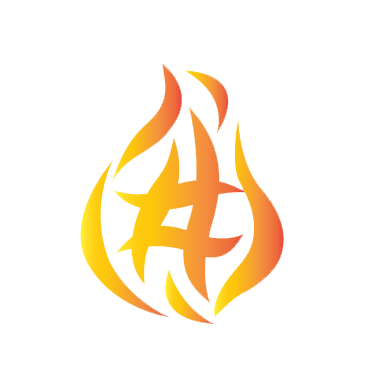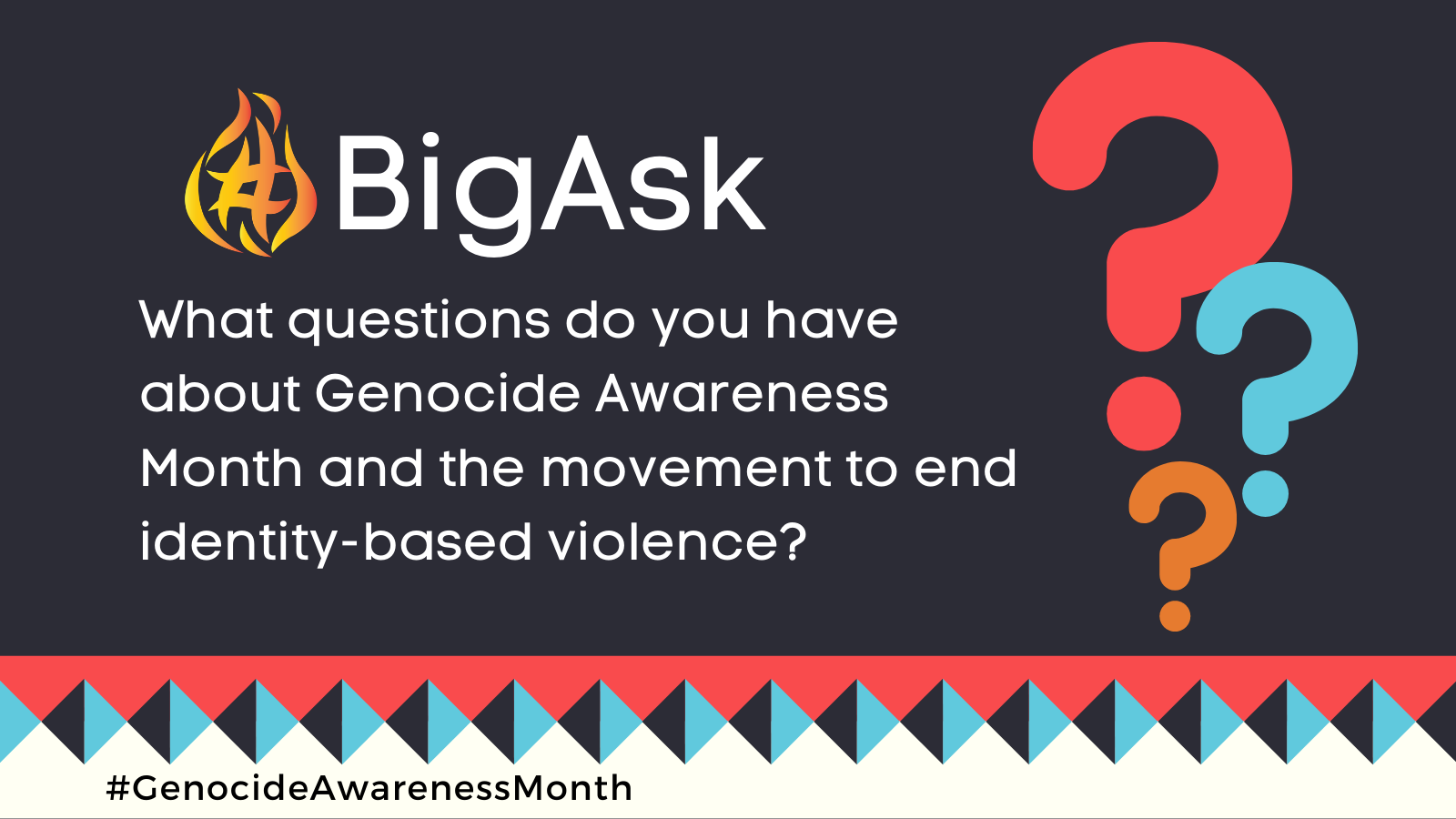WHERE DO TRANS VOICES FIT IN THE FIGHT AGAINST IDENTITY-BASED VIOLENCE?
By Rhys Allison, TWR Fellow ‘20
I am trans, and I have been a member of the trans community since I started identifying as trans at the age of 16. I’ve become intimately familiar with society’s misconceptions of us. I have had my privacy invaded with video and invasive questions. I have experienced microaggressions on a daily basis. I see legislators debating my rights, including whether people like me even exist, and make laws restricting our freedoms. I learned to be scared telling people that I had changed my name because the reaction was often unpleasant. Everyone I have met in my community has had similar experiences. When I meet a fellow trans person, it is so easy for us to commiserate and bond over our negative experiences with society. From Indiana to Virginia to Texas, there are these common threads to our experiences. Even though we only just met, we are in this together.
But today, I’m not here to talk about our struggles. Today we’re going to talk about trans joy and what it means in a society that actively discriminates against us.
First and foremost, trans joy is an act of resistance. Being trans, being unwanted and undervalued in society, and being joyful in ourselves is resistance. It is shirking society’s rigid rules for us and saying that we will exist as ourselves. That we ourselves are worthy.
We lose support from friends, from family, from people we trust when we come out. When I was in my first year at community college, in my friend group, I did not know a single person whose relationship with their family wasn’t rockier because their family could not fully embrace them. My own father would not use my name or my pronouns, and to him, my transness was taboo. It’s a lack of safety that is hard to explain. It’s the feeling of being invisible, of being wanted as someone you can never be, as existing in an empty shell. And those views are internalized.
So when we take joy as our full trans selves, it’s an act of resistance. Of saying, I can be enough as the person I am. It’s a form of radical self-acceptance.
I love being trans.
I love my trans community.
And it is healing, too. And one of the sources of my activism.
If I accept myself, if I take joy in my identity, then I am directly contradicting everything society says about transness. It means that I look at society and see transphobic violence against me not as the fault of my trans identity but as a failing of society. My trans joy means that I see how much better society could be, that I believe that society can heal and become better than it is. And I will fight for that, to make space to be happy in who I am and for others like me to heal and find their trans joy.
And to me, that is the point of Trans Day of Visibility. It’s not a day of mourning — we have Trans Day of Remembrance for that. Trans Day of Visibility is a day of healing, of putting ourselves out there to be seen despite the danger and censorship we face. Trans Visibility is about seeing the risks and being here anyway. About taking pride in who we are and showing up for justice and demanding more than just acknowledgement.
Trans Visibility is not just about the present. It’s about our past too, about showing that we have been here all along, that there are people like us recorded since the beginning of civilization. It’s also important to understand that we are not just in the West and that there are similar identities across cultural boundaries, such as the wuxia and hijra and two-spirit communities, among many others. And there are trans communities around the world.
We are here.
We are universal.
We will always be here.
We’re not an illness or a disorder but people deserving of love and respect.
We are visible, not just on this one day, but on all days.
We fight for ourselves and our community and for those among us who cannot fight for ourselves. Many of us are not in a place to fight for ourselves either because of families, of locations, or safeties. In many countries worldwide, it is illegal to be LGBTQ+, let alone to be transgender. And sometimes, being in our community can be exhausting because of the prejudice we face. I am sick of seeing the news and seeing another Black trans woman be murdered, wondering how long until it’s one of my friends. I do not want to be afraid for me or for my friends, but I am because I have no choice. I’m not someone who is built to be in the closet.
I will be visible in honor of those of us who cannot be.
I am a visible trans person who hopes that one day it will be safe to be visible and trans.


